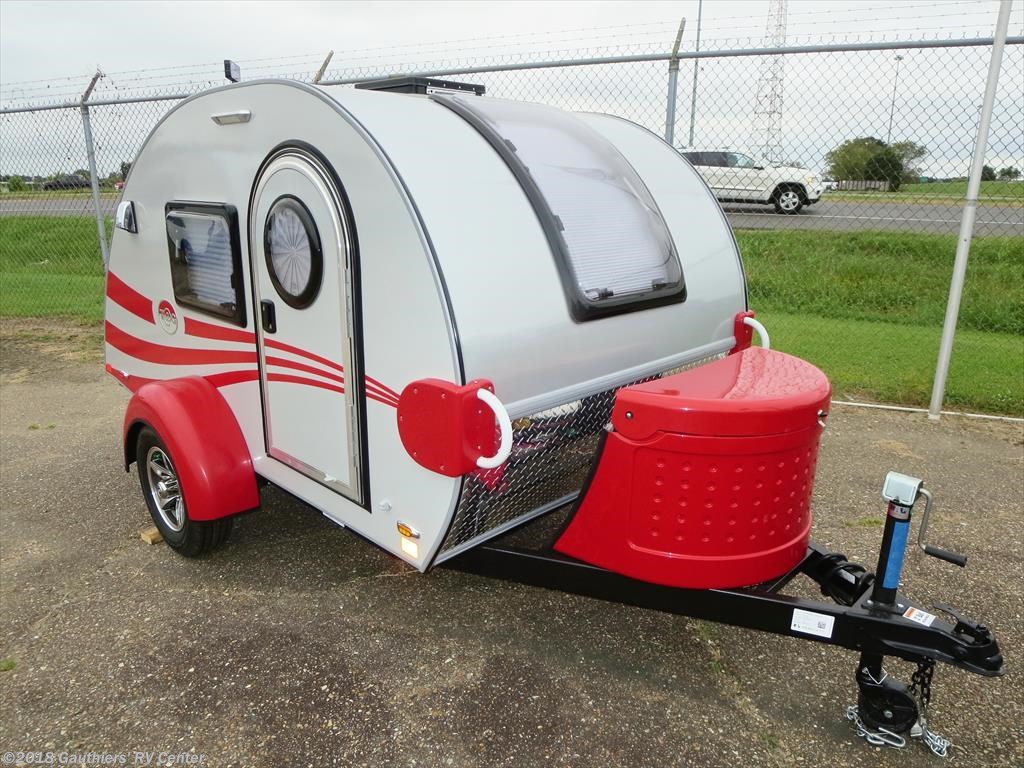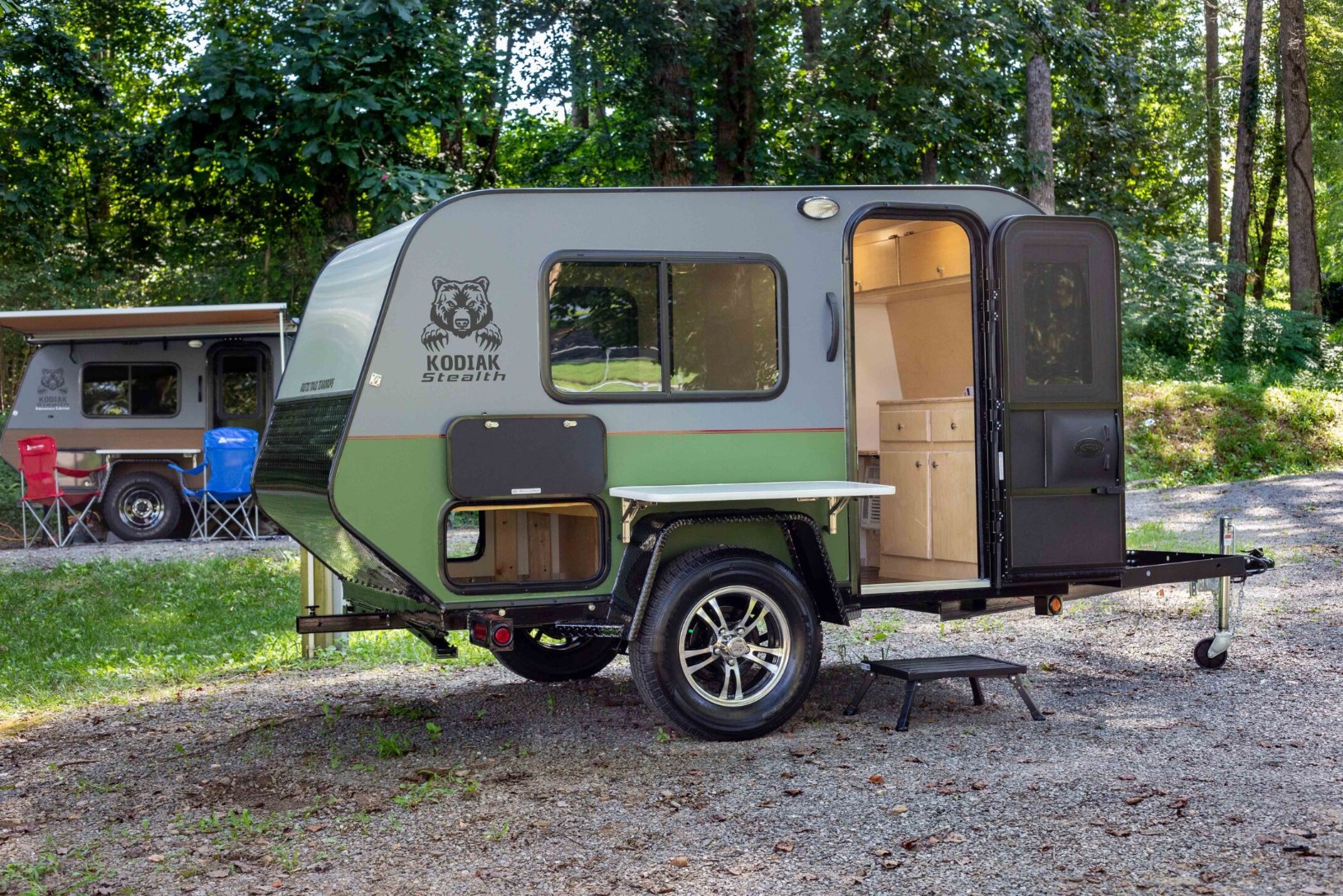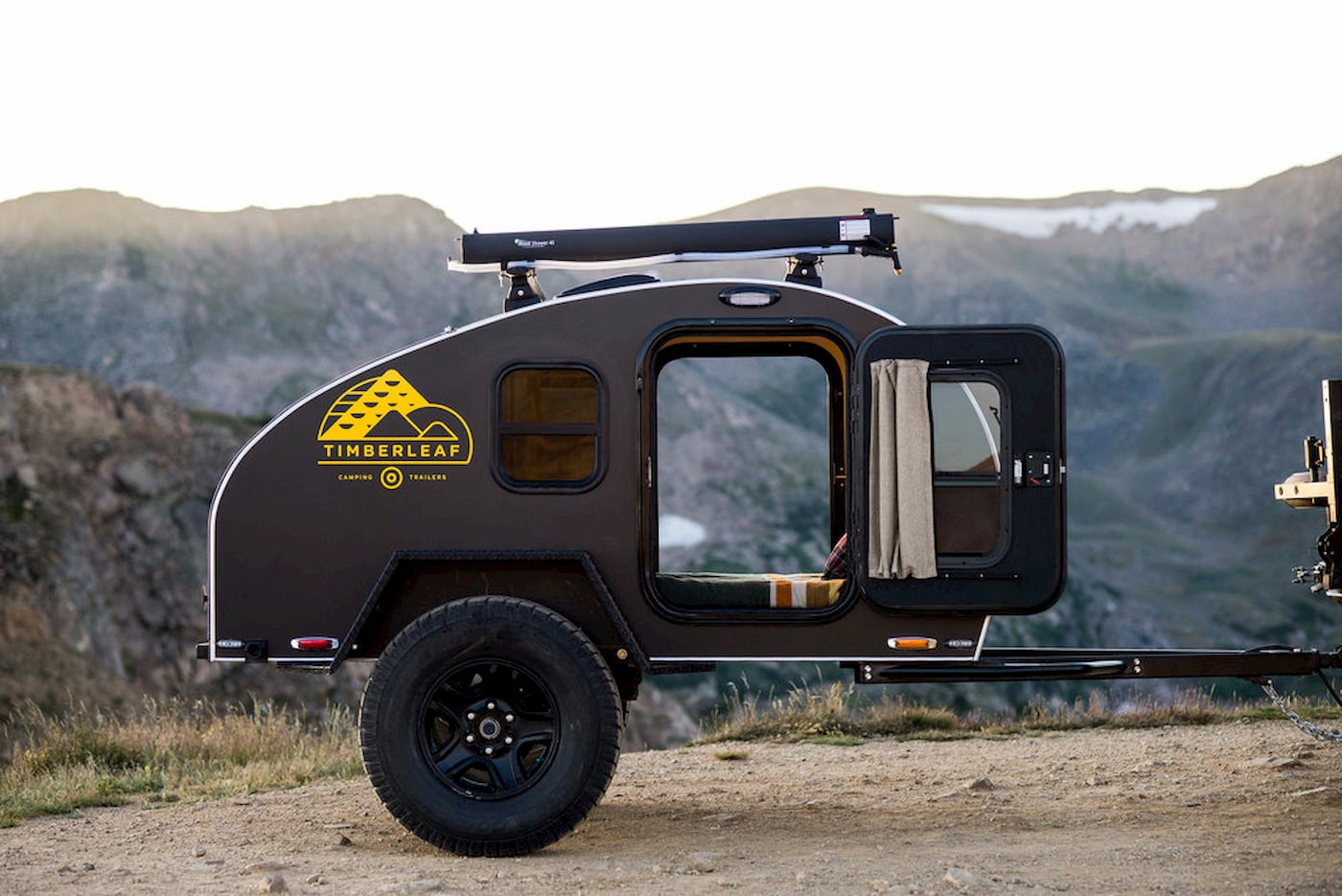I. Introduction

A. The importance of a good tent for a successful camping trip
Camping is an enjoyable outdoor activity that allows people to connect with nature and escape the hustle and bustle of daily life. One of the key factors in ensuring a successful camping experience is choosing the right tent, especially for small campers. A good tent provides shelter, protection, and comfort, making it essential for a memorable outdoor adventure.
B. The benefits of choosing the right tent for small campers
Selecting the right tent specifically designed for small campers offers numerous advantages. It not only provides a cozy and secure space for rest but also meets the specific needs of smaller groups or individual campers. From compact tents suitable for solo travelers to lightweight and portable options for backpacking enthusiasts, the right tent can enhance the overall camping experience.
II. Factors to Consider When Choosing a Tent
A. Size and Capacity

- Determining the number of occupants When choosing a tent, it is crucial to consider the number of people who will be using it. Small campers often consist of individuals, couples, or a few friends. Therefore, selecting a tent with an appropriate capacity helps ensure everyone has enough space for sleeping and storing their personal belongings.
- Considering the space needed for gear storage Apart from accommodating campers, tents should also provide enough room for storing camping gear such as backpacks, sleeping bags, and cooking equipment. Assessing the necessary gear storage will help determine the size and design of the tent.
B. Tent Style and Design
- Dome tents: Easy to set up and offer good stability Dome tents are popular due to their ease of setup and excellent stability. Their curved design not only enhances wind resistance but also provides more headroom compared to other tent styles. They are an ideal choice for small campers looking for quick and hassle-free assembly without compromising on security and durability.
- Cabin tents: Provide more headroom and space for larger groups Cabin tents are a suitable option for small groups of campers who prioritize comfort and space. With nearly vertical walls, they offer ample headroom, making it easier to move around the tent. Cabin tents often feature multiple rooms and dividers, providing privacy and allowing campers to separate sleeping areas from living spaces.
C. Weather Resistance and Durability
- Evaluating the tent’s waterproofing and wind resistance features It is essential to consider the tent’s ability to withstand various weather conditions. Waterproofing capabilities, such as taped seams, rainfly coverage, and a high hydrostatic head rating, are crucial for keeping campers dry during rain showers. Wind resistance features such as strong poles, guy lines, and sturdy construction are equally important to ensure the tent stays stable and secure during windy conditions.
- Checking the quality of materials and construction The durability of the tent largely depends on the quality of materials used and the overall construction. Heavy-duty fabrics, such as ripstop nylon or polyester, are more resistant to tears and abrasions. Reinforced seams, robust zippers, and strong poles contribute to the overall durability and longevity of the tent.
III. Tents for Small Campers

A. Compact Tents
- Features of compact tents suitable for small campers Compact tents are designed for solo campers or couples who prioritize portability and ease of setup. They offer a lightweight and compact design without compromising on comfort and protection.
- Recommendations for popular compact tent models Several highly recommended compact tent models are available on the market, including the MSR Hubba Hubba NX, Big Agnes Copper Spur HV UL2, and REI Co-op Passage 2.
B. Lightweight Tents
- Advantages of lightweight tents for small campers
Lightweight tents are a preferred choice for backpacking enthusiasts and individuals looking for a minimalistic camping experience. These tents offer excellent portability without sacrificing durability and protection from the elements. - Reviewing lightweight tent options on the market
Popular lightweight tent options include the Nemo Hornet Elite 2P, Big Agnes Tiger Wall UL2, and Marmot Tungsten UL.
C. Backpacking Tents
- Considerations for backpacking tents for small campers
Backpacking tents are specifically designed to cater to the needs of campers who prioritize weight, packability, and durability. When selecting backpacking tents, factors such as weight, size, ease of setup, and durability should be given careful consideration. - Comparing different backpacking tent styles and features
Various backpacking tent styles, such as tunnel tents, freestanding tents, and single-wall tents, offer unique features and benefits for different camping scenarios. Comparing their advantages and disadvantages helps small campers select the most suitable backpacking tent for their needs.

IV. Tent Accessories and Features for Small Campers
A. Vestibules and Storage Options
When camping with a small camper, maximizing storage space is crucial. Vestibules are extensions or covered areas outside of the tent that provide additional storage space for gear or act as sheltered entryways. This allows campers to keep their belongings organized and protected from the elements.
There are several tents on the market that come with built-in vestibules and storage solutions. These tents often have designated storage compartments or pockets inside the tent, as well as external gear lofts or hanging organizers. Examples of recommended tents with vestibules and storage options for small campers include the MSR Hubba Hubba NX 2-Person Tent and the Big Agnes Copper Spur HV UL2 Tent.
B. Ventilation and Climate Control
Proper ventilation is essential for comfort and condensation prevention inside the tent. When camping with a small camper, it’s important to choose a tent with innovative ventilation features that are suitable for the camper’s size.
Tents with multiple mesh panels and vents allow for proper airflow, reducing condensation and keeping the interior cool on hot days. Look for tents with adjustable vents that can be opened or closed depending on the weather conditions. The Nemo Dagger 2P Ultralight Backpacking Tent and the REI Co-op Half Dome 2 Plus Tent are examples of tents known for their excellent ventilation and climate control.
C. Tent Setup and Packability
/cdn.vox-cdn.com/uploads/chorus_image/image/60246001/ecf_0029_1024x684.0.jpg)
Small campers require tents that are easy to set up and pack away, ensuring a hassle-free camping experience. Look for tents that come with intuitive setup instructions and color-coded poles or clips to simplify the process. Tents with freestanding designs, where the tent can stand on its own without the need for stakes, are also a convenient feature for small campers.
In terms of packability, compact tents that can be easily folded and fit into a small carrying bag are ideal for small campers. Look for tents that are made from lightweight materials and come with compression sacks for easy storage. The Marmot Tungsten UL 2P Tent and the Big Agnes Fly Creek HV UL2 Tent are examples of compact tents that are known for their easy setup and packability.
When camping with a small camper, choosing a tent with vestibules and storage options, excellent ventilation and climate control features, as well as easy setup and packability will greatly enhance the camping experience. These tent accessories and features will provide convenience, comfort, and organization, making your camping trip even more enjoyable.
